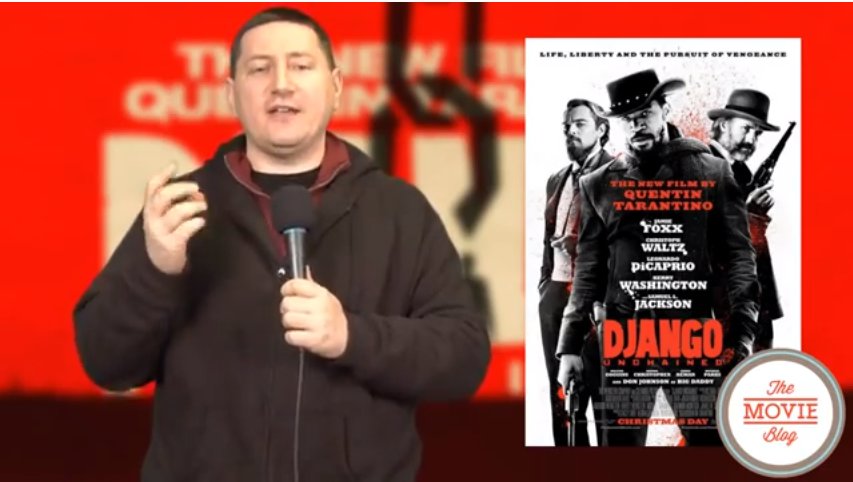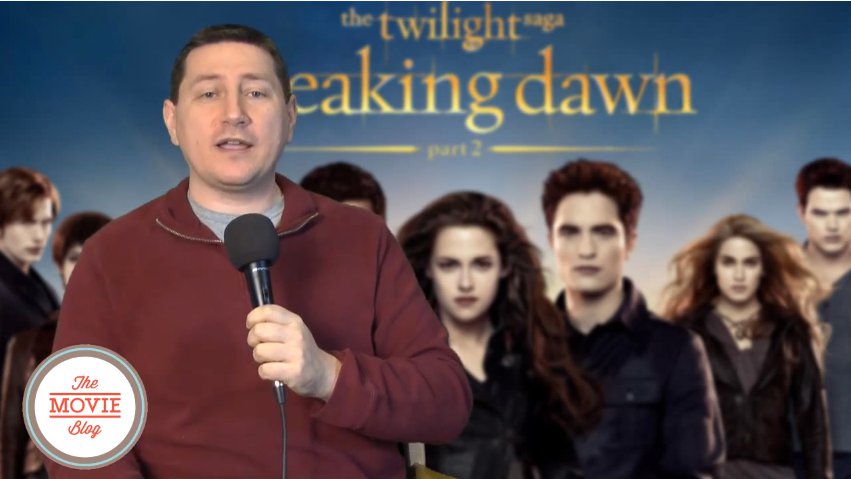 There has been a huge stir going on around a new rule change that the Canadian government has proposed to its Tax Credit system for filmmakers. Basically speaking, the new law would give the Canadian Government the ability to deny certain projects the lucrative Tax Credits if they feel the project in question is overly offensive (too much gratuitous sex or graphic violence). The government claims the change in the rules is prompted by citizens concerned over where their tax dollars are going.
There has been a huge stir going on around a new rule change that the Canadian government has proposed to its Tax Credit system for filmmakers. Basically speaking, the new law would give the Canadian Government the ability to deny certain projects the lucrative Tax Credits if they feel the project in question is overly offensive (too much gratuitous sex or graphic violence). The government claims the change in the rules is prompted by citizens concerned over where their tax dollars are going.
The response to this issue from many people has been to stand up upon the bell tower and cry out “CENSORSHIP! CENSORSHIP! CENSORSHIP!” They see themselves as modern day Paul Revere’s warning the populace that “The censors are coming! The censors are coming!” After all, no one likes the idea of the government telling people what they can and can not watch. No one likes the notion of a government dictating what is and what is not acceptable, especially when it comes to the arts. Art is a form of expression, a tangible manifestation of ideas, thoughts, emotions, perceptions and inspiration. Ultimately, censorship against the arts is therefore censorship against ideas, thoughts, emotions, perceptions and inspiration themselves.
This should never be taken lightly. The right to expression in its various forms is arguably the very cornerstone to any concept of freedom. And so, whenever the government steps in to restrict or limit or CENSOR expression we all need to look upon it with a very dubious eye. Sometimes, when that expression requires the victimization of another (like kiddie porn for example), we as a society approve of the government stepping in and outlawing it. But that is a rare exception.
And so it’s completely understandable that people get concerned when they hear the Canadian government is now going to censor filmmakers. How dare the government tell filmmakers (artists) what they can or can not put in or make the subject of their art (expression)!?!?! This is intolerable right? We should all fight this right? Right???
Well… no.
The main problem here is that the wrong question is being asked by some people. There are those who want us to believe that the question here is “SHOULD WE ALLOW THE GOVERNMENT TO CENSOR FILM MAKERS?”. That question pushes a button with us. That question will stir our emotions and our anger. It is a question that has an obvious answer. “NO!” But that’s not the correct question here, nor does it even begin to apply to this situation.
The real question we need to be asking is “DOES THIS SITUATION FALL UNDER THE DEFINITION OF CENSORSHIP?” I’m sorry, but the very clear answer to that correct question is “No. This is not in any way, shape or form an example of censorship in the least”.
For one to even begin to call this situation an example of “censorship” with a straight face, it would require the Canadian government to restrict filmmakers from making their films. It would require the Canadian government to ban filmmakers from making their movies the way they see fit. For this to be called “censorship” the government must in some way be stepping in to stop artists from freely making their art. And that simply is not happening here.
There is a massive and fundamental difference between STOPPING you from making your movies and REFUSING TO HELP you make your movies. One is censorship, the other is not.
The Canadian film industry is essentially a welfare state. It lives on the handouts the government gives it. Unlike the United States or India where the film industry pays its own way… unlike just about every other industry in Canada that has to find a way to pay for itself and be self sustaining, the Canadian film industry is basically a collective of baby birds in a giant tax credit nest with their mouths stretched open waiting for the government mama bird to come along and drop freebies in its mouth.
Anyone who gives away free money (or even just loans it) has the right to decide, on whatever basis they want, who they will or will not give or loan that money too. Let’s say I want to build a rocket ship to fly to the moon and paint a giant happy face on it to make the world feel good. I go to the bank and ask for the $700 million it will take me to bring my creative masterpiece to life. Here’s the question: If the bank turns me down for the loan, would they literally be committing censorship against me? Obviously not.
I’m still free to pursue my artistic vision. No one is stopping me. But it’s up to me to come up with the money I require to do it. The bank is under no obligation to give me money. If they do, then great! If not, it’s not censorship. In the same way, if the government gives a handout to your film project, then great! If they don’t for whatever reason, it may suck but it’s NOT censorship.
Don’t get me wrong. I actually love that the government helps out the Canadian film industry. But government handouts to an industry is NOT a birthright. It’s not a fundamental freedom. It’s not something filmmakers are entitled just by virtue of being filmmakers.
The debate on wether the new rule about extremely offensive projects is a good one or a bad one is certainly a good debate to have. The positives and negatives of such a rule change to the current system should be weighed, compared and debated. However, when some people start throwing in the term “censorship”, then the real issue gets lost, the title of the debate becomes deceptive and ultimately confuses the whole matter until no one is even talking about the same thing anymore.
Is the new government rule a good one or bad one? Will it help or hinder the Canadian film industry? Is it or is it not in the best interests of the citizens and tax payers of Canada? Honestly I haven’t formed my opinion on this yet. But the one thing I do know is that the new proposed legislation is not in any way “censorship”. So quit your midnight yelling Mr. Revere, you’re raising a false alarm.




















